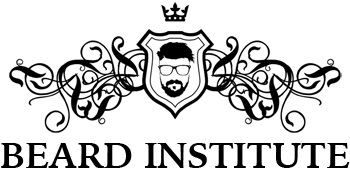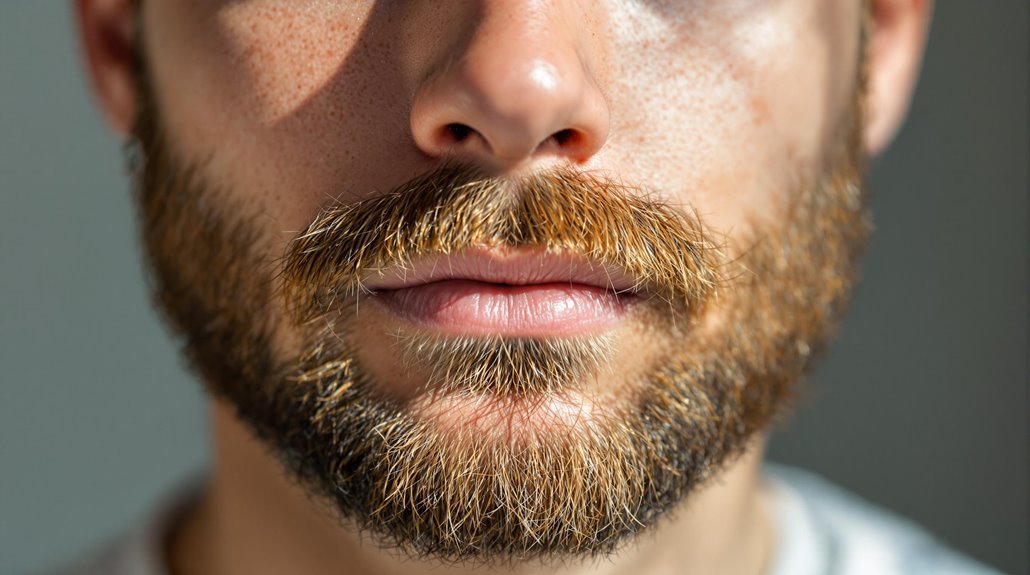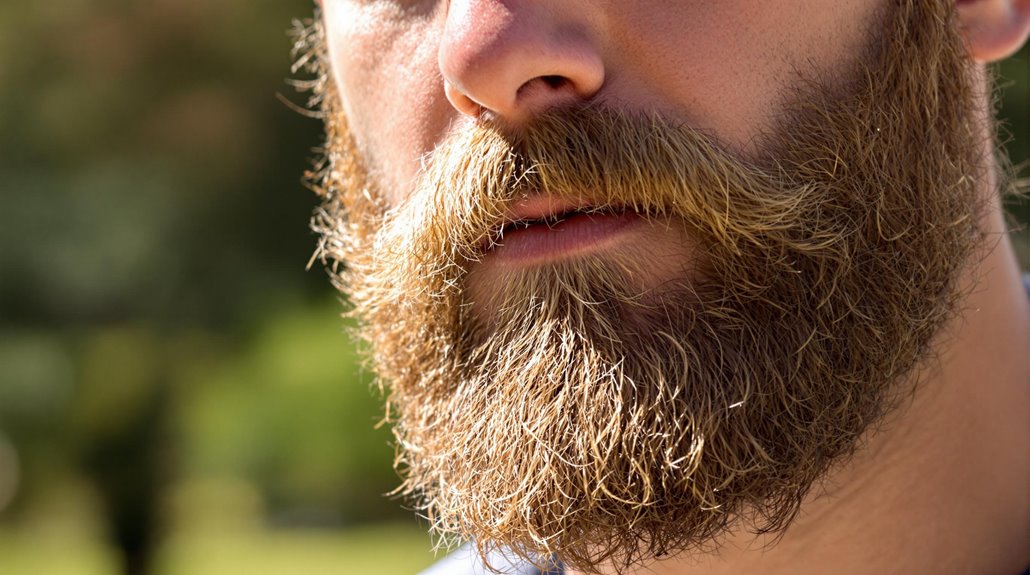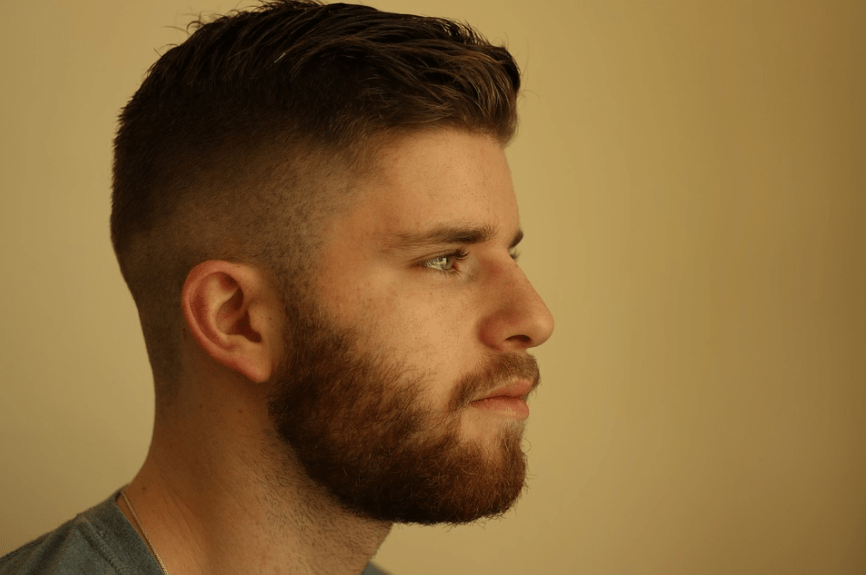What Ethnicity Can't Grow Facial Hair?
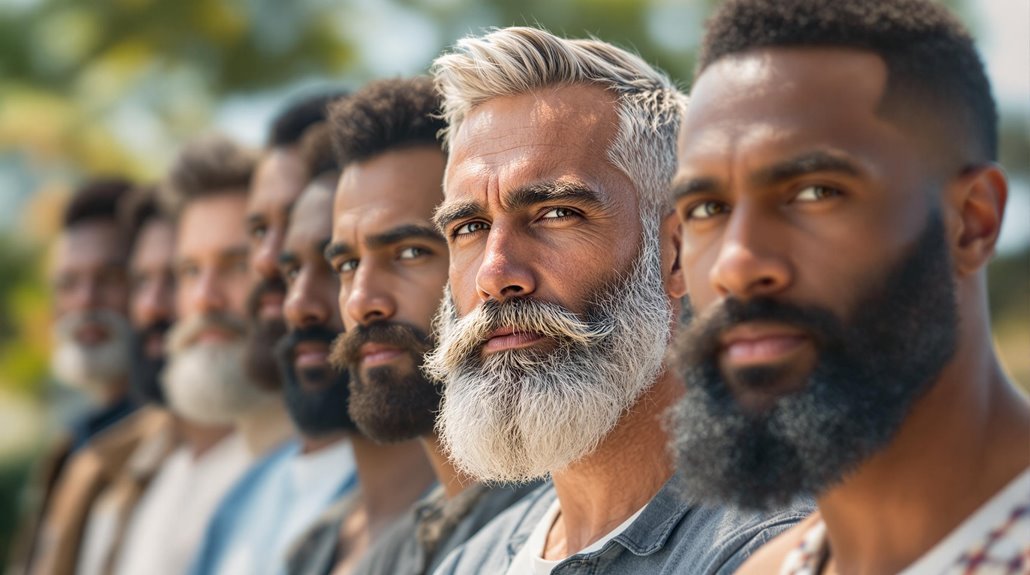
You might wonder if some ethnicities can't grow facial hair, but that's not the case. All ethnicities can grow facial hair, though characteristics differ based on genetics. Typically, East Asians have less dense and slower-growing facial hair, while Mediterranean and Caucasian backgrounds often see thicker, fuller beards. Your genetic makeup, hormones, and general health greatly impact beard growth. Furthermore, cultural preferences play a role in facial hair styles. Myths about ethnicity and beard growth are widespread, but understanding the genetic and health factors can offer clarity. Uncover more about how you might improve your beard growth naturally.
Understanding Facial Hair Growth
Regarding understanding facial hair growth, you'll find that it's crucial to recognize it as a complex interplay of genetics, hormones, and ethnicity. Each plays a critical role in determining how your beard grows. Genetics dictate the density and growth rates of your facial hair, with specific genes influencing how thick or sparse your beard might become. For instance, Mediterranean individuals often display more robust beard growth due to genetic predispositions, while others might not have the same genetic inclination.
Hormonal factors, particularly testosterone and its derivative, dihydrotestosterone (DHT), are key players in facial hair growth. These hormones stimulate hair follicles, promoting beard growth. However, sensitivity to these hormones can vary widely, impacting how effectively they contribute to facial hair development. Even if you share a similar hormonal profile with someone else, individual variances can lead to different facial hair outcomes.
While ethnicities may show general trends in facial hair growth, it's important to recognize that every group possesses the potential for facial hair, albeit with individual variations. So, when considering facial hair growth, keep in mind that it's not just about ethnicity—your unique genetic makeup and hormonal environment play similarly significant roles in shaping your beard.
Ethnic Differences in Beard Growth
When exploring ethnic differences in beard growth, you'll notice distinct variations across different populations. East Asian men, such as Chinese and Japanese, typically have less facial hair density compared to other ethnicities. This means that their beards are often sparser and take longer to fill in. In contrast, Mediterranean men, including Greeks and Italians, are renowned for their thick and luxurious facial hair. Their beard growth tends to be denser and more pronounced, highlighting the striking diversity among different ethnic groups.
The role of genetic factors in beard growth can't be overstated. Studies suggest that Caucasian men usually have a higher density of facial hair than their East Asian counterparts. This difference is largely due to genetic predispositions that influence the thickness and rate of facial hair development. A 2016 study confirmed that Chinese men often exhibit less facial hair growth, underlining broader ethnic variations in facial characteristics.
While all ethnicities can grow facial hair, the extent, thickness, and growth rate vary greatly. Mediterranean and Middle Eastern populations often showcase fuller beards, whereas East Asians may display less density, emphasizing how genetics and ethnicity shape facial hair potential.
Genetic Influence on Hair Growth

Genetics play a vital role in determining your facial hair growth, with specific genes dictating hair follicle density and how rapidly your beard might develop. Genetic factors vary among ethnicities, resulting in diverse facial hair growth patterns. For instance, studies show that East Asians, especially Chinese and Japanese populations, typically experience less facial hair growth. This is due to their genetic predispositions, which influence hair density and growth rates. In contrast, Mediterranean men often exhibit thicker and denser beards, highlighting how genetic heritage can impact your facial hair.
Androgens, like testosterone and Dihydrotestosterone (DHT), further influence facial hair growth, although variations in androgen receptor sensitivity can cause differences in beard development across both individuals and ethnic groups. If your family history includes a lineage of men with full beards, you're more likely to experience similar growth patterns. This suggests a strong genetic component, as family traits often predict your beard potential.
Your ethnic background and genetic makeup work together to shape your facial hair experience. Understanding these genetic factors helps explain why some ethnicities naturally grow more facial hair than others, illustrating the complex interplay between genes and your beard's appearance.
Role of Hormones in Beard Growth
Hormones frequently play a vital role in how your beard grows, with testosterone leading the charge by activating hair follicles during puberty. This hormone, along with its derivative dihydrotestosterone (DHT), transforms fine hair into the thicker, terminal hair you often associate with a grown-up beard. The sensitivity of your hair follicles to androgens like testosterone and DHT can vary greatly based on individual differences, which directly impacts facial hair growth.
Hormonal imbalances, such as those found in conditions like hypogonadism, can severely hinder your ability to grow facial hair. If your testosterone levels are below average, you might notice fewer or thinner facial hairs. Conversely, higher testosterone levels generally improve your beard's fullness. Ethnicities can also influence how your follicles respond to androgens, potentially affecting the density and pattern of your beard.
As you grow older, hormonal changes can increase your beard growth potential. Many men find that their facial hair becomes fuller from their late teens to early 30s. Understanding the role hormones play is essential, especially when considering facial hair growth across different ethnicities, as it highlights the biological diversity that influences the beard-growing experience.
Lifestyle and Facial Hair Health

While hormones lay the groundwork for your beard's potential, your lifestyle choices can greatly influence how well it thrives. Adopting positive lifestyle changes can make a significant impact on your facial hair health. A healthy diet, especially one rich in protein and healthy fats, plays a vital role in enhancing testosterone production. Low testosterone levels can hinder beard growth, so a balanced diet can help optimize your body's hormone levels, promoting lush facial hair.
Consider these lifestyle tweaks to enhance your beard-growing potential:
- Exercise Regularly: Engage in strength training and regular physical activity to elevate testosterone and improve circulation.
- Manage Stress: High stress levels can disrupt hormonal balance. Effective stress management techniques, like meditation or yoga, can support better beard health.
- Prioritize Sleep: Quality rest is fundamental for hormone production. Make sure you get adequate sleep to aid your body's natural hair growth processes.
- Avoid Harmful Habits: Steer clear of smoking and processed foods to maintain comprehensive health and hormonal balance.
Common Beard Growth Myths
Dispelling common beard growth myths can save you from falling into traps of misinformation. One prevalent myth is that only certain ethnicities, like East Asians, can't grow facial hair. In truth, all ethnicities have the potential to grow facial hair, though the density and pattern might differ. It's more about your unique genetic makeup, not your ethnicity. Look at your male relatives; their beard growth can offer clues about your own potential.
Another misconception is that shaving makes your hair grow back thicker and faster. This isn't true. Shaving just cuts the hair at the surface; it doesn't affect the hair follicle's growth rate or thickness. So, if you're hoping for a fuller beard just by shaving more often, you might want to reconsider.
Many also think facial hair growth is solely determined by ethnicity, but factors like hormones, health, and genetics play significant roles across all ethnicities. Some people assume younger males can't grow facial hair. Remember, beard growth typically increases with maturity and hormonal changes, especially during your twenties.
Finally, be skeptical of over-the-counter hair growth products. Many lack scientific backing and don't guarantee results across different ethnic backgrounds.
Cultural Views on Facial Hair
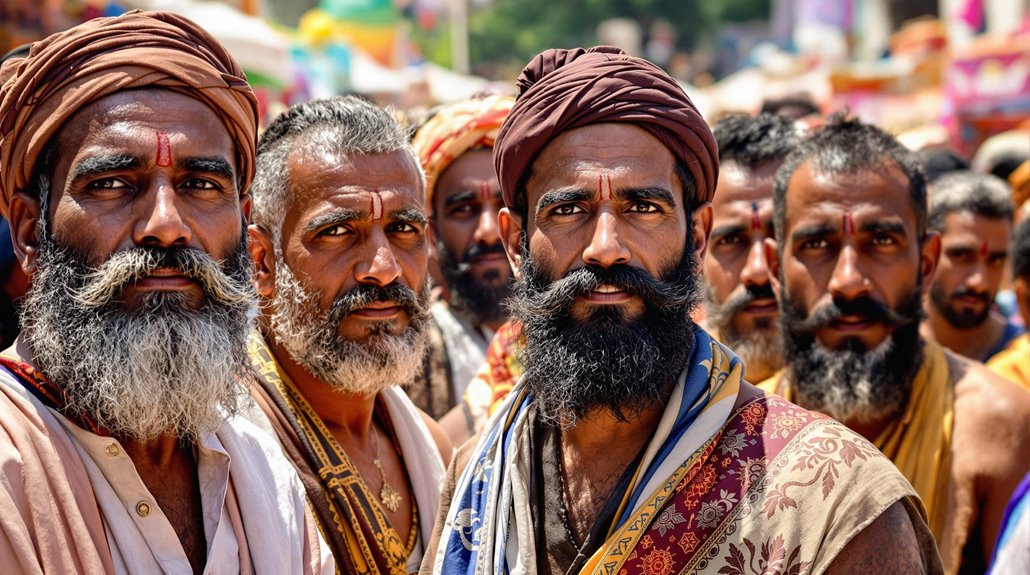
Accepting cultural diversity, perceptions of facial hair differ greatly across the globe, reflecting deep-rooted societal norms and values. Each culture has its own unique perspective on what facial hair signifies, often influenced by historical and social contexts. For instance, in many Middle Eastern cultures, a well-maintained beard symbolizes wisdom and respect, marking it as a revered facial hair style among different ethnicities. Conversely, in East Asian cultures, facial hair is less common and sometimes perceived as unkempt or undesirable, highlighting distinct cultural perceptions of facial hair.
In Western societies, modern trends have seen a resurgence in beard popularity, largely due to social media and celebrity endorsements. These platforms have widened the acceptance of diverse facial hair styles, allowing individuals from all ethnicities to accept their personal grooming choices.
To understand these cultural variations, consider:
- Middle Eastern cultures: Beards often signify wisdom and maturity.
- East Asian cultures: A preference for a clean-shaven look is common.
- Western societies: Celebrity endorsements have revived beard trends.
- African cultures: Facial hair styles can reflect tribal identity and social status.
These differing views illustrate how deeply intertwined cultural perceptions of facial hair are with identity and expression.
Enhancing Beard Growth Naturally
Achieving a fuller beard naturally is within reach with a few key lifestyle adjustments. Start by focusing on your diet. Eating a balanced diet rich in protein, vitamins A, D, and E, and minerals like zinc and magnesium can greatly improve beard growth. These nutrients support ideal hair health, ensuring your beard grows thicker and healthier.
Next, consider your exercise routine. Regular exercise, particularly strength training, can elevate testosterone levels, which are vital for stimulating facial hair growth. By incorporating these workouts, you'll not only improve your general health but also promote better beard growth.
Don't overlook the importance of a proper skincare routine. Regularly exfoliating and moisturizing your face creates a healthy environment for hair follicles, which is necessary for beard growth. This keeps your skin in excellent condition, supporting the development of facial hair.
You might also investigate natural supplements like biotin, which have been linked to improved hair growth. Remember, it's wise to consult a healthcare professional before starting any new supplement regimen. Finally, massaging your beard area can improve blood circulation to hair follicles, potentially resulting in thicker and healthier beard growth over time.
Embracing Individual Variations
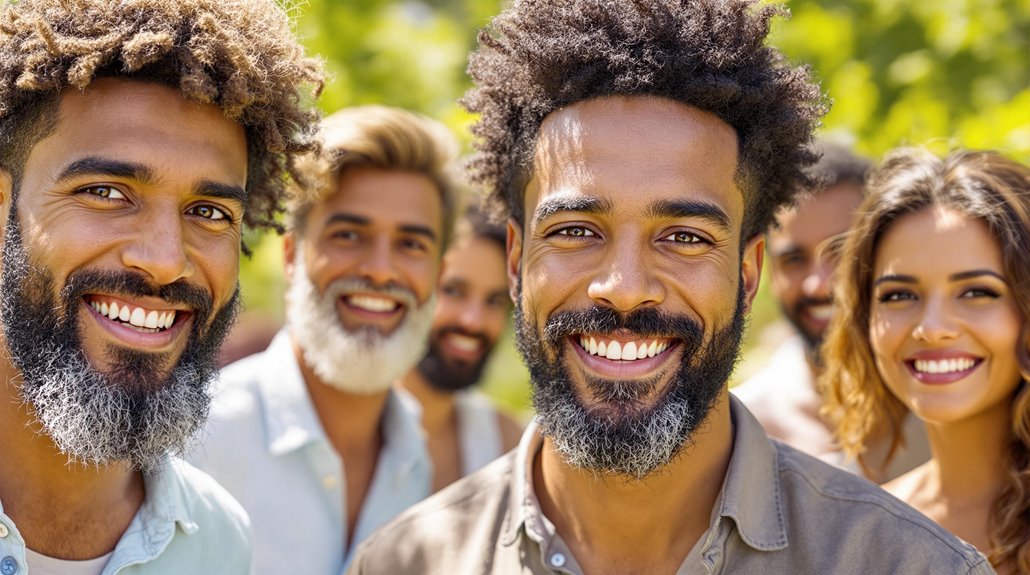
Understanding the individual variations in facial hair growth is crucial to appreciating and accepting your unique grooming adventure. People from diverse ethnicities, like East Asians who often experience slower and less dense growth, or Mediterranean individuals known for their thicker hair, showcase that every beard-growing experience is distinct. It's important to recognize that genetics, more than ethnicity, primarily dictate how your facial hair grows. This means you might find someone from any background with a lush beard or sparse growth.
To accept these differences:
- Acknowledge Genetic Influence: Genetics play a significant role in determining your facial hair growth pattern.
- Explore Varied Grooming Practices: Different cultures offer unique grooming techniques that you can incorporate.
- Focus on Personal Health: Prioritize health and grooming practices instead of ethnic stereotypes.
- Celebrate Your Style: Your facial hair style should reflect your individuality, not conform to cultural expectations.
